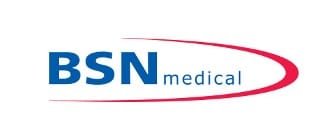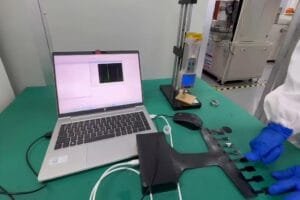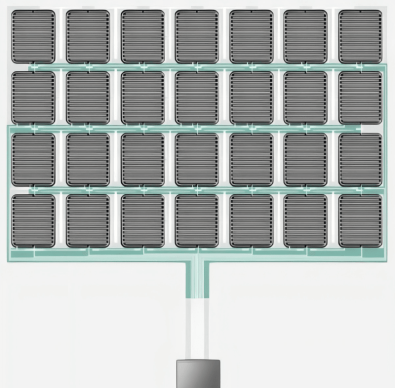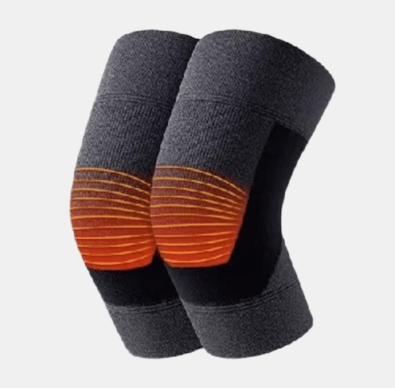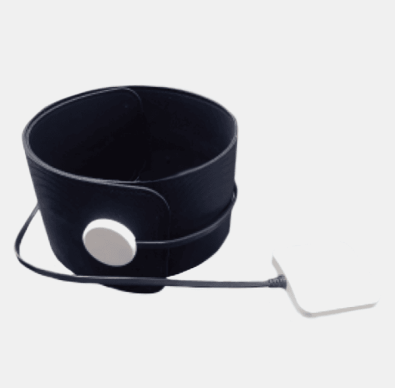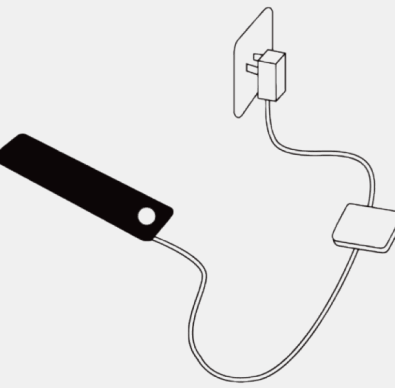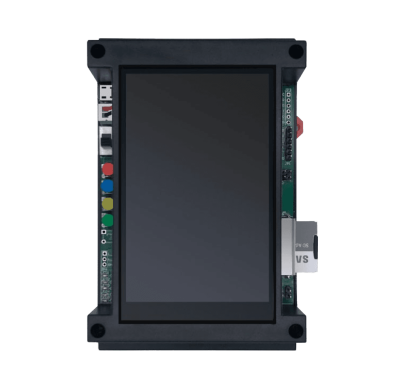The Vital Role of Industrial Pressure Sensors in Modern Testing, Production and Manufacturing

In the realm of industrial processes and testing, pressure sensors play a pivotal role in ensuring efficiency, accuracy, and safety. These devices are designed to measure and monitor the pressure of various substances, allowing engineers and technicians to gather crucial data for analysis and control.
From manufacturing plants to laboratory environments, pressure sensors are indispensable tools that enable precise measurements and enable optimization of processes.
In this article, we will explore the significance of pressure sensors in industrial processes and testing.
Precise Monitoring and Control
One of the primary functions of pressure sensors in industrial processes is to provide accurate and real-time measurements of pressure levels. These sensors can detect even the slightest changes in pressure, allowing for precise monitoring of critical parameters.
By continuously monitoring pressure levels, engineers can identify potential issues such as leaks, blockages, or irregularities in the system. This proactive approach helps prevent equipment failures, reduce downtime, and optimize production processes.
Moreover, pressure sensors enable precise control of pressure levels within specific tolerances. They provide feedback to control systems, allowing for adjustments and maintaining pressure within desired ranges.
This level of control is crucial in industries such as pharmaceuticals, food processing, and chemical manufacturing, where maintaining precise pressure conditions is paramount for product quality and safety.
Safety and Compliance
Safety is of utmost importance in industrial processes, and pressure sensors play a vital role in ensuring a safe working environment. By continuously monitoring pressure levels, these sensors can detect any sudden spikes or drops that may indicate a potential hazard.
For instance, in a chemical plant, pressure sensors can detect excessive pressure build-up, triggering alarms or automatic shutdown systems to prevent accidents.
Pressure sensors also aid in compliance with regulatory standards and industry guidelines. Many industries have specific pressure requirements to maintain the integrity of their processes and ensure worker safety.

By utilizing pressure sensors, companies can accurately measure and document pressure levels, providing evidence of compliance during audits or inspections.
Process Optimization and Efficiency
Efficiency is a key factor in industrial processes, and pressure sensors contribute to optimizing operations in several ways. By monitoring pressure levels, engineers can identify areas of the system where pressure drops occur, indicating potential energy losses or inefficiencies.
This data can then be used to make necessary adjustments, reducing energy consumption and improving overall process efficiency.
Pressure sensors also enable real-time feedback for process control systems. By integrating pressure sensors with automated control systems, engineers can implement closed-loop control, where pressure levels are continuously adjusted based on the desired setpoints. This automation reduces the need for manual intervention, improves accuracy, and enhances the overall efficiency of the process.
Quality Assurance and Testing
In industries where product quality is critical, pressure sensors serve as essential tools for quality assurance and testing. For instance, in the automotive industry, pressure sensors are used to test the performance of fuel systems, brake systems, and airbag deployment mechanisms.
By measuring and analyzing pressure variations, engineers can ensure that products meet rigorous quality standards and perform reliably under various conditions.
Pressure sensors also play a significant role in research and development. They enable scientists and engineers to study the behavior of materials under different pressure conditions, helping them understand material properties, develop new products, and improve existing ones.
These sensors provide valuable data for modeling, simulation, and testing, facilitating innovation and advancement in various industries.
Condition Monitoring and Predictive Maintenance
Pressure sensors are instrumental in condition monitoring and predictive maintenance strategies. By continuously monitoring pressure levels, these sensors can detect early signs of equipment wear, blockages, or leaks. With the help of data analytics and machine learning algorithms, engineers can analyze pressure data patterns to predict potential failures or maintenance requirements before they occur.
Implementing predictive maintenance based on pressure sensor data can significantly reduce unplanned downtime and maintenance costs. By addressing issues in a proactive manner, companies can schedule maintenance activities during planned downtime, minimizing production disruptions and optimizing maintenance resources.

Common Systems That Make Use Of Pressure Sensing Technology
Water and gas leaks can pose significant risks in industrial settings. Monitoring and detecting leaks in machines and equipment is crucial for maintaining safety and preventing potential hazards. Here are a few examples of industrial machines that require pressure monitoring:
1. HVAC Systems
Heating, ventilation, and air conditioning (HVAC) systems are vital for maintaining comfortable and safe environments in industrial facilities. These systems often involve the circulation of water or gas, making them susceptible to leaks. Monitoring for leaks in HVAC systems ensures efficient operation, prevents energy waste, and minimizes the risk of water damage or gas-related accidents.
2. Pipelines
Industrial pipelines transport various fluids, such as water, oil, gas, or chemicals, over long distances. Detecting leaks in pipelines is crucial to prevent environmental contamination, ensure the integrity of the infrastructure, and mitigate potential safety risks. Continuous monitoring of pressure levels and implementing leak detection systems are essential for identifying and addressing leaks promptly.
3. Industrial Boilers
Boilers are commonly used in industrial processes to generate steam or heat water. They are often fueled by natural gas, oil, or coal. Monitoring for gas or water leaks in boilers is critical for preventing hazardous situations, such as explosions or fires. Early detection of leaks helps ensure proper functioning, maintain efficiency, and safeguard personnel and equipment.
4. Manufacturing Equipment
Various types of manufacturing equipment, such as hydraulic systems, pressurized chambers, or machinery using coolants, require monitoring for water or gas leaks. Leaks can lead to performance degradation, equipment breakdowns, or even accidents. Regular inspection and monitoring of these machines help identify leaks, prevent product defects, and maintain a safe working environment.
5. Chemical Storage Tanks
Industries dealing with hazardous chemicals often use storage tanks to store and transport substances safely. Leakage from these tanks can result in environmental pollution, chemical exposure risks, and potential fire or explosion hazards. Continuous monitoring of tank integrity, including water or gas leak detection, is crucial for ensuring compliance with safety regulations and preventing accidents.
By implementing robust leak detection systems and monitoring technologies, industrial facilities can proactively identify and address water or gas leaks in these machines and equipment. This approach helps maintain productivity, prevent environmental damage, and ensure the safety of personnel and assets.

Flexniss: Empowering Industries With Next Generation Pressure Sensing Technology for Tools and Machines
Pressure sensors are vital components in industrial processes and testing, enabling precise monitoring, control, safety, and efficiency. Their significance lies in their ability to provide accurate measurements, ensure compliance with regulations, optimize processes, and facilitate quality assurance. With advancements in technology, pressure sensors continue to evolve, becoming even more reliable, precise, and adaptable to various industrial applications. As industries strive for improved productivity and safety, pressure sensors will remain indispensable tools in the industrial landscape.
Experience the innovation and versatility of pressure sensors with Flexniss, leading manufacturer of high-quality pressure sensors.
At Flexniss, we understand that every application demands a unique solution. That’s why we offer customizable pressure sensors tailored to your specific requirements. Our dedicated team is here to assist you in identifying the perfect pressure sensor for your needs and guide you through the process of creating flexible sensors that align with your desired industrial functionalities.
Connect with us today to explore our extensive product listings and discover the possibilities of pressure sensor customization!
